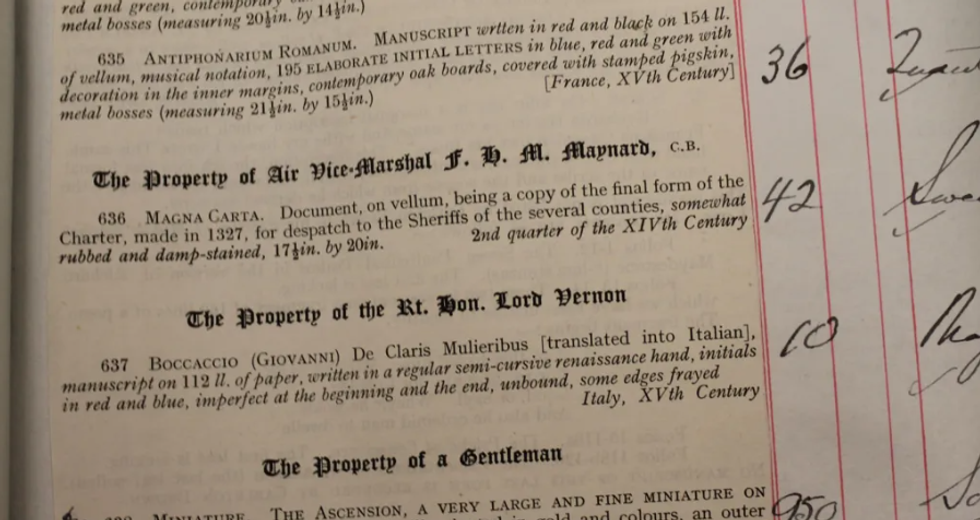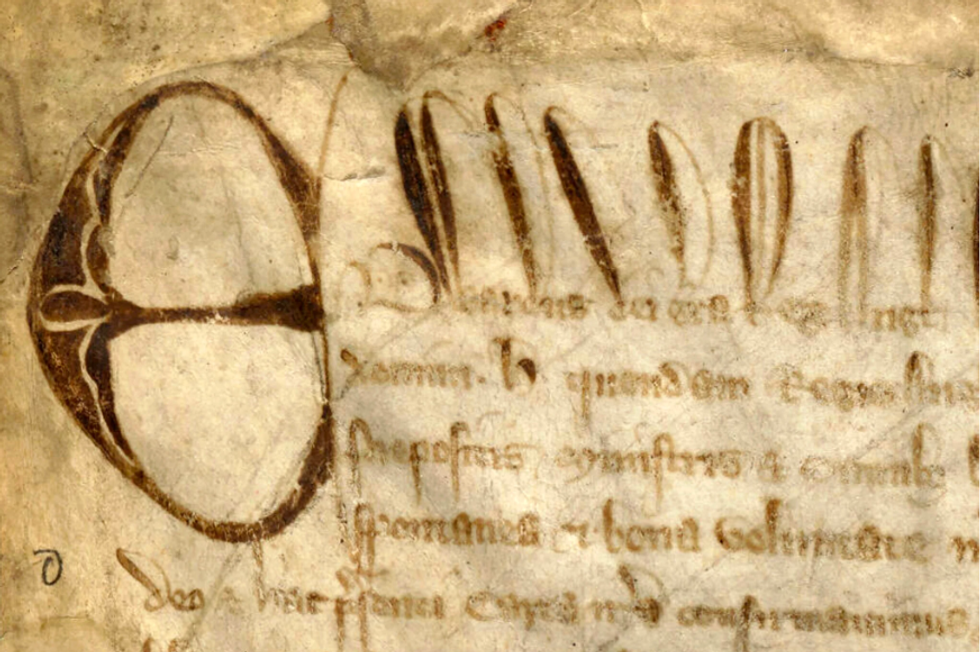THE rising tensions between India and Pakistan in the wake of the Pahalgam terror attack and Operation Sindoor targeting terror camps in Pakistani Kashmir were debated at length in the British Parliament. Members across parties appealed for UK efforts to aid de-escalation in the region.
India launched Operation Sindoor early Wednesday (7), hitting nine terror targets in Pakistan-occupied Kashmir and Pakistan's Punjab province in retaliation for the April 22 terror attack terror attack that killed 26 people in Jammu and Kashmir's Pahalgam.
Foreign Office minister Hamish Falconer opened the debate in the House of Commons on Wednesday with a statement reiterating prime minister Keir Starmer's earlier remarks over the importance of diplomacy and dialogue. He also expressed concerns related to the very "personal" aspect of the conflict for the large number of British Indians and British Pakistanis.
"Our consistent message to both India and Pakistan has been to show restraint. They need to engage in dialogue to find a swift, diplomatic path forward", said Falconer.
"The UK has a close and unique relationship with both countries. It is heartbreaking to see civilian lives being lost. If this escalates further, nobody wins. We clearly condemned the horrific terrorist attack last month", he said, referring to the Pahalgam terror attack which was the worst such incident in the region for many years.
"Now, we need all sides to focus urgently on the steps needed to restore regional stability and ensure the protection of civilians", Falconer said.
He asserted that the UK will continue to work closely with international partners in pursuit of "short-term de-escalation and longer-term stability". "We now need to see calm heads. Britain will continue to play its full part for de-escalation and diplomacy", he said.
Shadow foreign secretary Priti Patel highlighted India's right to take "reasonable and proportionate" steps to defend itself, and to dismantle the "vile terrorist infrastructure" that has caused death and continues to threaten Indian security.
"Terrorists based in Pakistan threaten India and western interests—it was the country that Osama bin Laden was hiding in—and because of the long history of violence being inflicted by terrorists on India, the UK has in place long-standing security cooperation agreements with India", noted the British Indian MP.
She went on to question if Britain could offer specific support that might help avert escalation and also asked for the government's assessment of who carried out the terror attack in Kashmir on April 22.
British Indian Labour MP Jas Athwal addressed the Commons on a personal note, highlighting that his parents were born in Pakistan. "I know only too well that neither nation will take a backward step, so what can the minister do to assure me and my residents in Ilford South that we will do everything possible to bring both the superpowers to the negotiating table to restore peace to this volatile part of the world", he asked.
Conservative Party MP Bob Blackman called for terrorist bases to be removed "once and for all" from Pakistan. "It was made clear at the time by India that either Pakistan removes the terrorist spaces along the line of control, or India would remove them... nine sites were hit; those were terrorist bases where terrorists were being trained to commit further atrocities in India", he said.
(PTI)



















 The academics hope that the newly authenticated Magna Carta will be made available for public viewingHarvard
The academics hope that the newly authenticated Magna Carta will be made available for public viewingHarvard The manuscript will become one of the most significant items in Harvard’s collectionHarvard
The manuscript will become one of the most significant items in Harvard’s collectionHarvard
 The contamination is still being investigatediStock
The contamination is still being investigatediStock